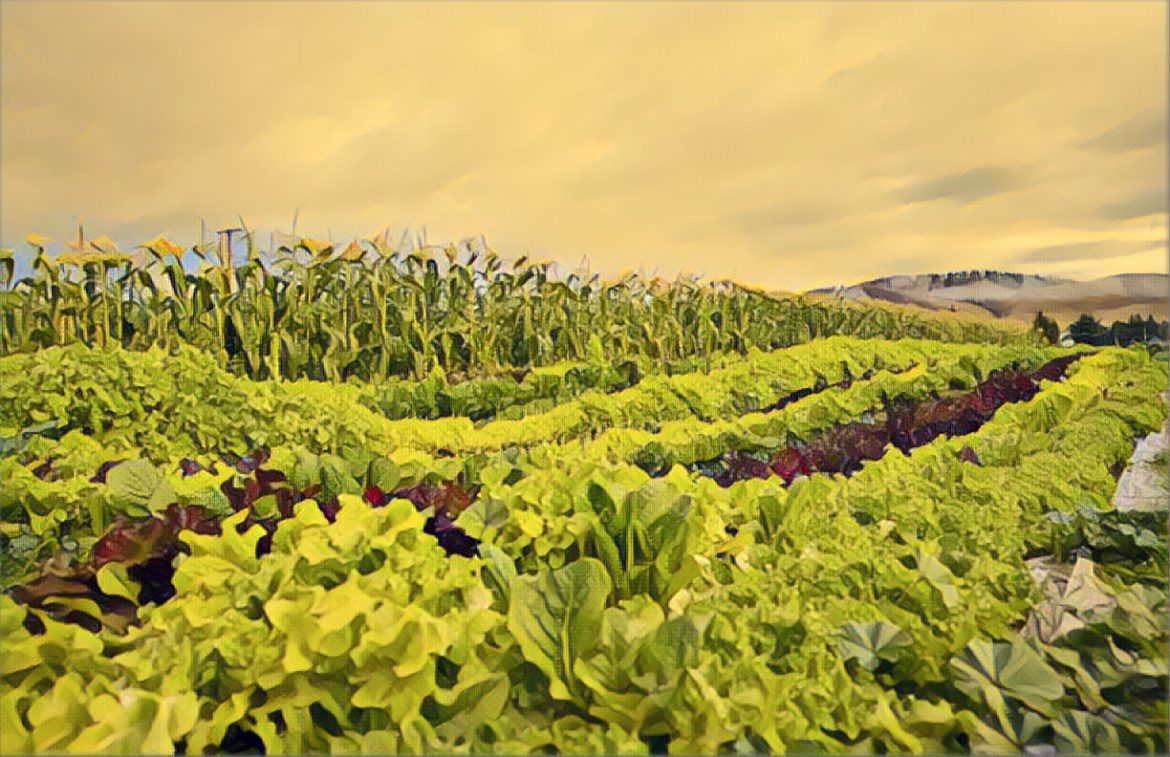In a pivotal regional workshop titled “Taking Action on Biodiversity for Food and Agriculture in Africa,” held in the bustling capital, key figures from the government and the agricultural sector convened to underscore the critical importance of biodiversity in enhancing food productivity across the continent. Vangelis Haritatos, Deputy Minister of Lands, Agriculture, Fisheries, Water, and Rural Development, delivered a compelling address to delegates, emphasizing the indispensable role that biodiversity plays in the agricultural landscape of Africa, a continent where farming is not just an economic activity but a lifeline for millions.
Africa, celebrated for its rich ecological tapestry, faces unprecedented challenges that threaten the very fabric of its food and agricultural systems. From the encroaching specter of climate change to the relentless advance of invasive species and the blight of habitat destruction, the threats are manifold and demand immediate and collective action.
“Sustainable agriculture practices stand as a beacon of hope,” stated Haritatos, advocating for methods that protect the environment while ensuring food security. He highlighted that sustainable practices do more than just conserve biodiversity; they enhance the resilience of agricultural systems against environmental shocks, enrich soil health, and guarantee a diverse and nutritious food basket for populations across Africa.
The workshop, drawing experts and stakeholders from across the spectrum, served as a crucible for forging strategies aimed at integrating biodiversity conservation with agricultural productivity. Haritatos called for a concerted effort among governments, non-governmental organizations, the private sector, and local communities to forge a united front against the biodiversity crisis.
“Collaboration is the cornerstone of our strategy,” Haritatos noted, stressing the importance of pooling resources and knowledge to combat the biodiversity challenges effectively. The workshop facilitated vibrant discussions on policy recommendations and practical steps toward embedding biodiversity conservation into the heart of agricultural and food security strategies.
According to a report by Newsday, the deputy minister’s message resonated with the attendees, highlighting the urgency of adopting a holistic approach to agricultural development that places biodiversity at its core. By doing so, Africa can pave the way for resilient and sustainable food systems capable of withstanding the challenges of the 21st century.
Experts at the workshop shared insights on innovative farming techniques, conservation efforts, and the role of technology in preserving biodiversity while boosting agricultural output. Success stories from various African countries provided a blueprint for what is achievable when conservation and agriculture work hand in hand.
As the workshop concluded, the path forward was clear: Africa must embrace sustainable agricultural practices, foster strong partnerships, and prioritize biodiversity conservation to secure its food future. The continent’s ability to feed its growing population amidst the looming threats of climate change and environmental degradation hinges on its commitment to these principles.
In the words of Haritatos, “By safeguarding our biodiversity, we safeguard our future food security. Let us move forward with resolve and unity of purpose.”


